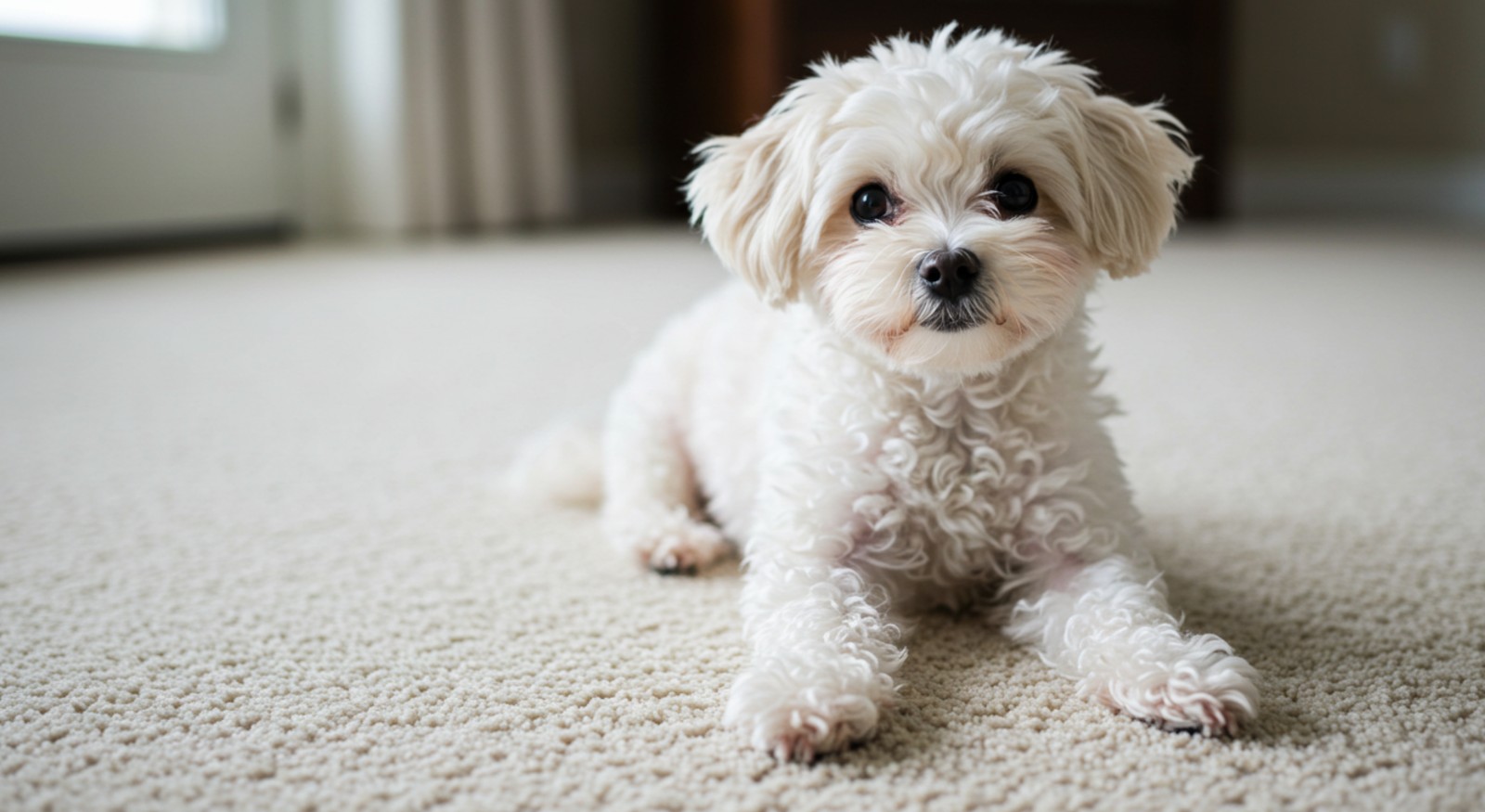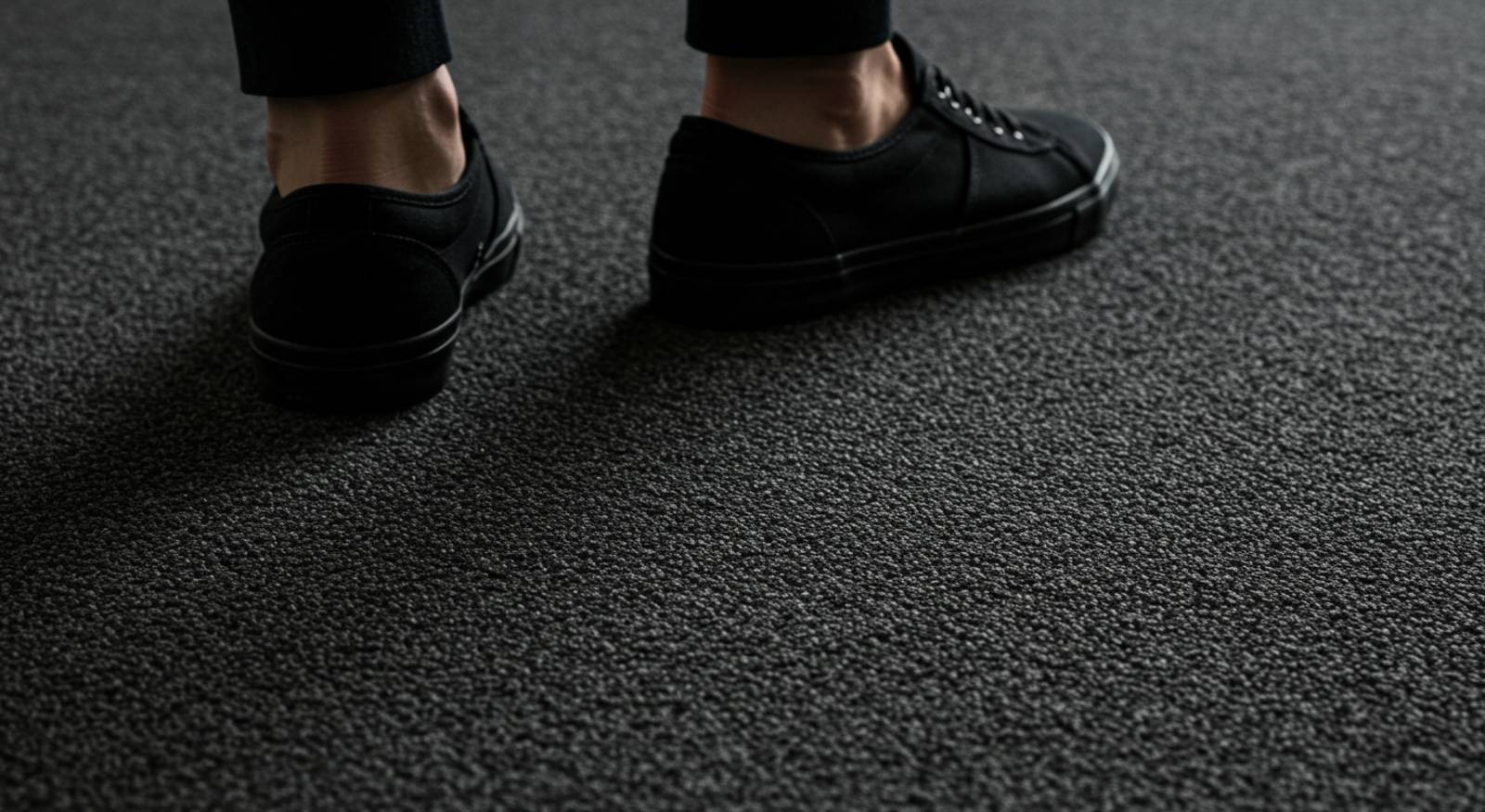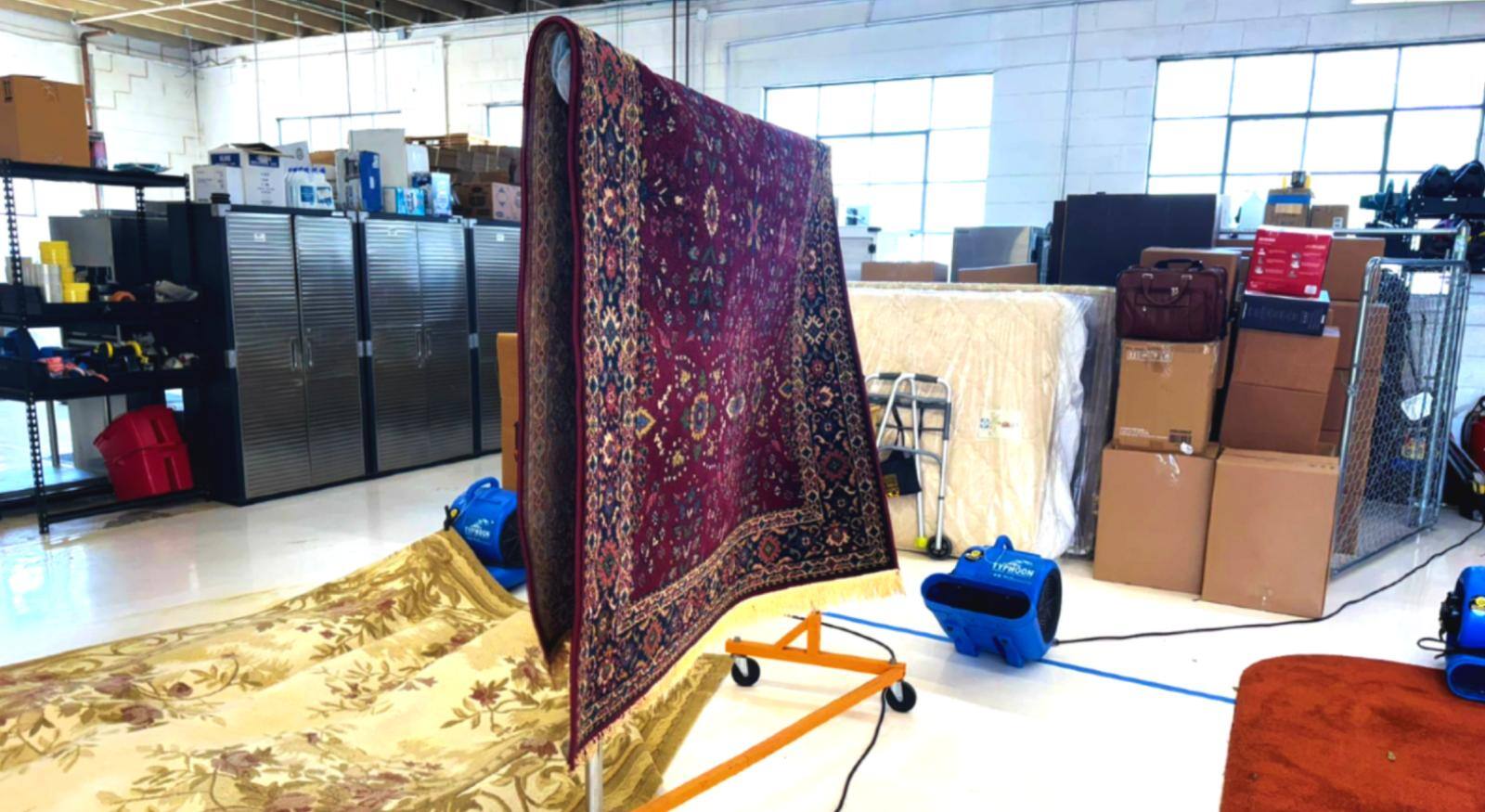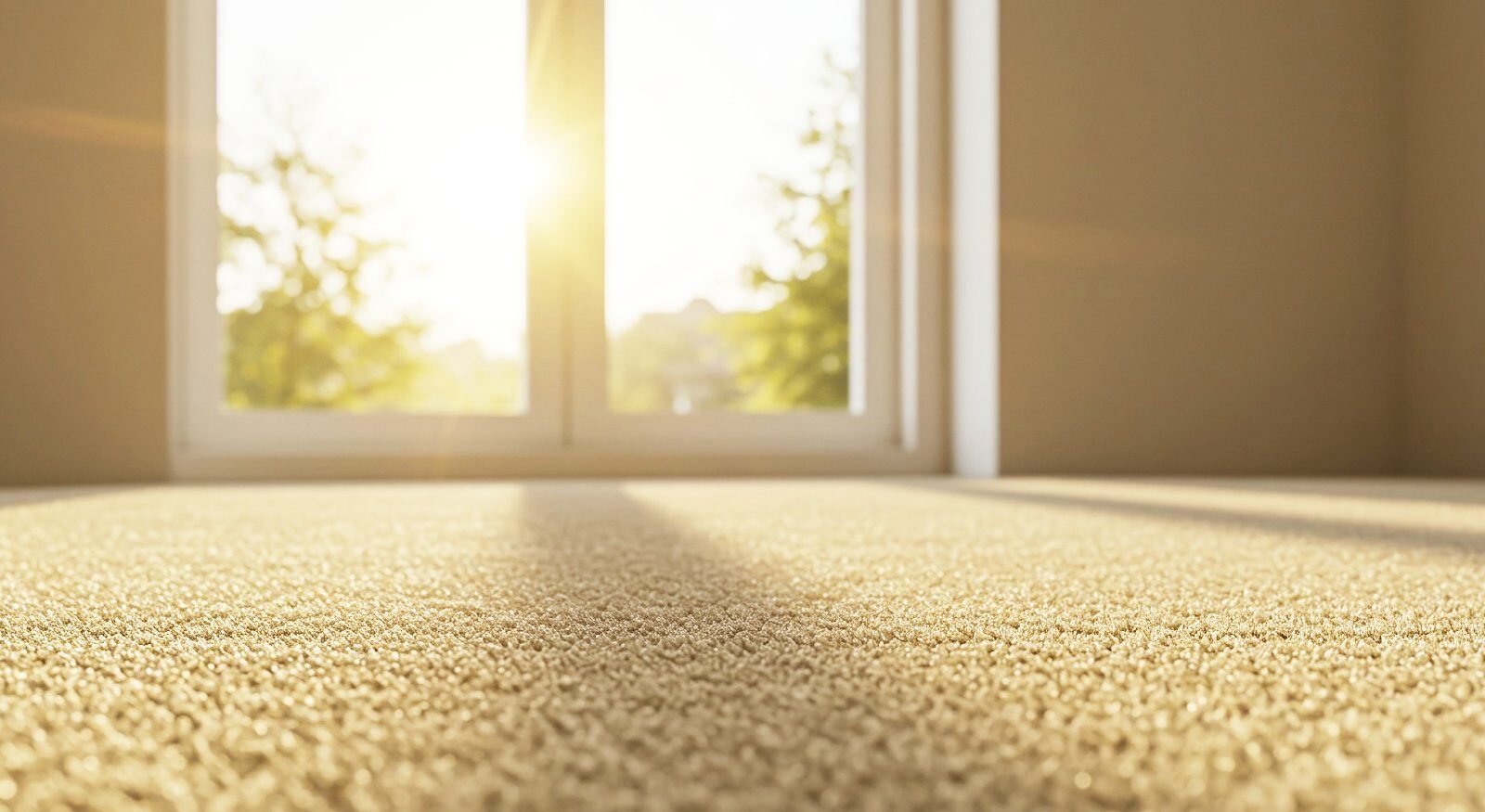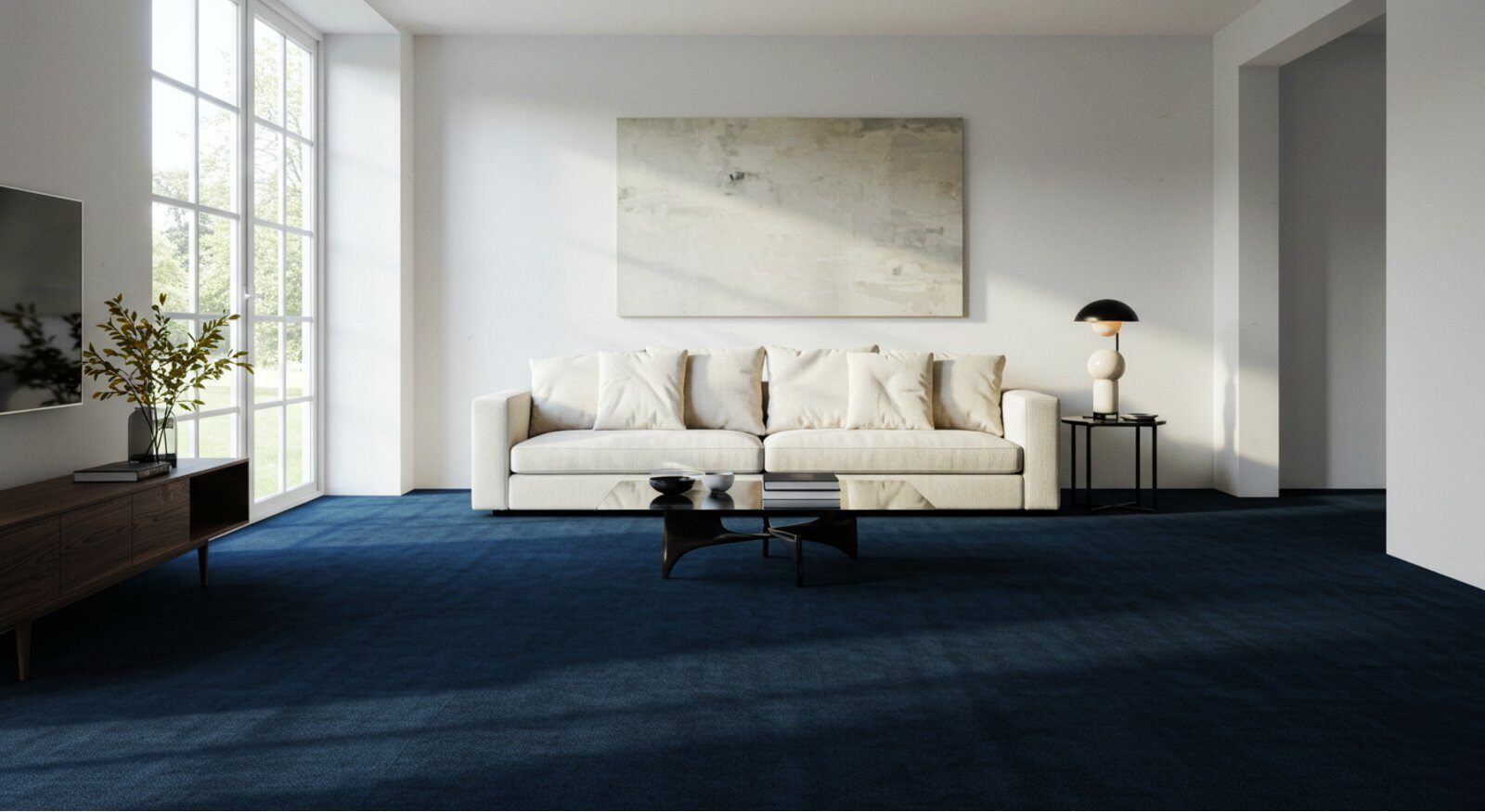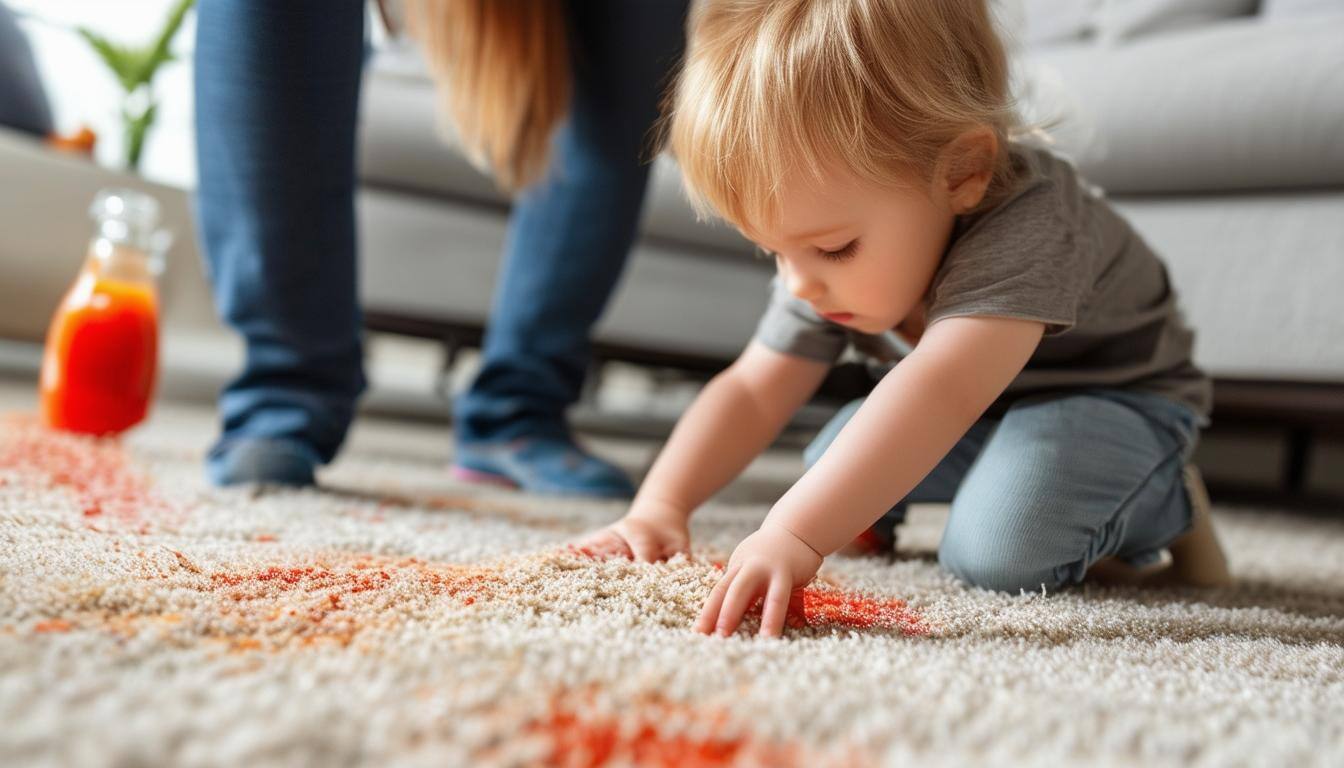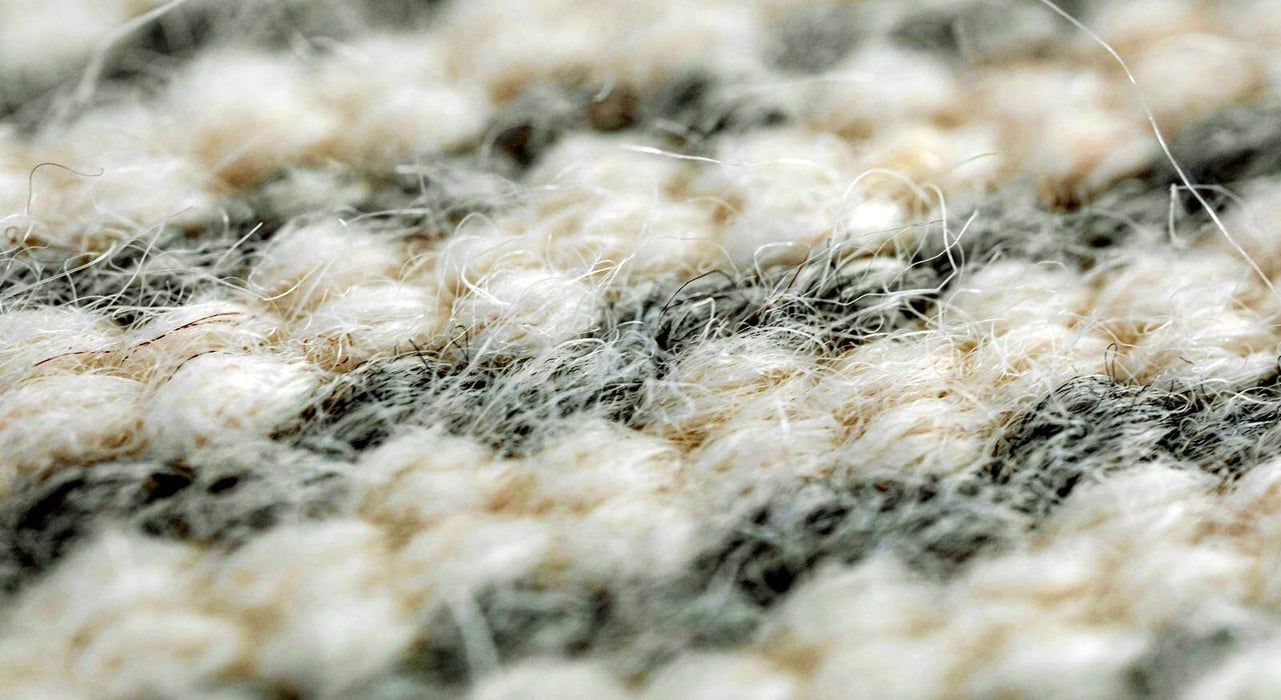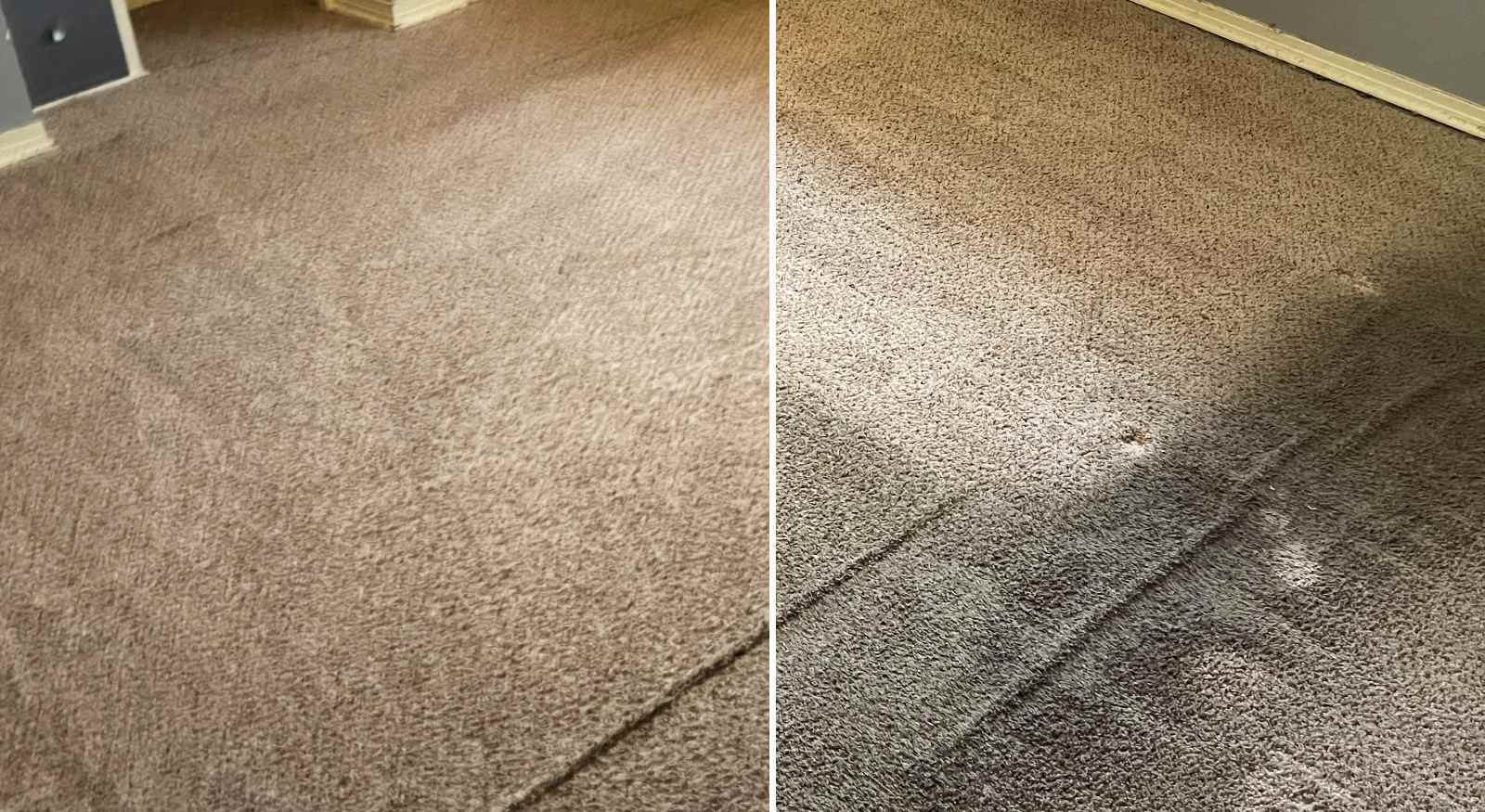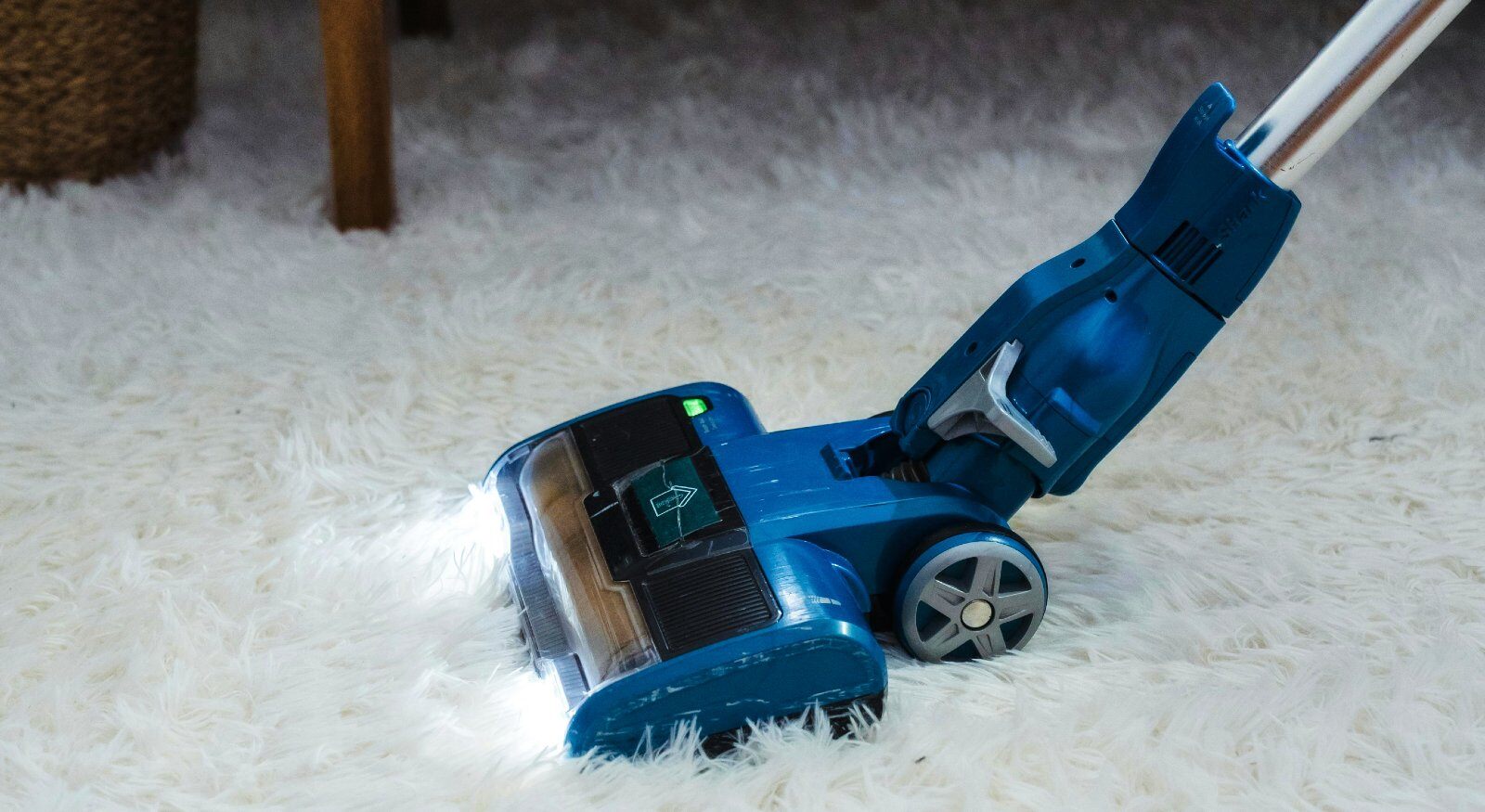How Pet Odors Impact Your Home's Air Quality
November 26th, 2025
4 min read

When you think of your pets, you think of family. They bring comfort and companionship. But no one loves the one "accident" that leaves behind a stubborn, lingering smell. It's that strong odor that makes you feel embarrassed when guests arrive.
Maybe it is urine in a corner of the living room. Perhaps a suspicious spot on your carpet. At first, it seems like a simple cleaning problem. But when the smell persists and you and your family start to receive increasingly frequent doctor visits, you begin to wonder: "Is this also affecting my health?"
Turns out your concerns are well-founded! That lingering odor is more than just unpleasant; it's a sign of a deeper problem that is impacting your home's indoor air quality. Let's address the most pressing questions homeowners have about pet odors and what's really happening in your home.
The Air Quality Problem Behind the Bad Smell
Are pet odors in my home just a bad smell, or are they also unhealthy? This is the question at the head of the matter, and the answer is yes, they can be bad for your (and your loved ones) health.
According to the U.S. Environmental Protection Agency (EPA), there are many sources of biological contaminants. These pollutants include dander, saliva, dried urine crystals, and tiny proteins that become airborne and stay suspended in the air you breathe.
The EPA also warns that these biological contaminants can trigger allergic reactions such as hypersensitivity pneumonitis, allergic rhinitis, and cause a reaction in people with some types of asthma. Infectious illnesses (influenza, measles, and chicken pox) can also be transmitted through the air.
If you or your family experience any of the following symptoms, they might be caused or worsened by these pollutants:
- Sneezing
- Watery eyes
- Coughing
- Shortness of breath
- Dizziness or lethargy
- Fever
- Digestive problems
This is especially dangerous for children, the elderly, or anyone with pre-existing allergies or respiratory issues.
So when you smell your pet’s "little accident," you are not just smelling something on your carpet or floor. You are smelling microscopic contaminants floating in the air itself. That is why it can spread through other rooms and return after cleaning, affecting your indoor air quality.
Why Pet Urine Odor Is So Stubborn
You've cleaned the spot five times, but the smell returns, especially on humid days. This is one of the biggest frustrations, and it’s caused by the unique chemistry of pet urine. Pet urine is made of three main parts:
- Urea: This is what breaks down into ammonia. This chemical is the cause of that sharp, nose-burning smell most people notice first.
- Urochrome: This is the pigment that creates the yellow stains.
- Uric acid crystals: These crystals are the reason DIY cleaning so often fails. They bind tightly to porous materials. They are also not water-soluble, making them difficult to dissolve in water.
Here comes the surprise. Every time the area gets damp, the uric acid crystals reactivate. This happens when humidity rises, when you mop, when your pet walks over the spot with wet paws, or when you use a water-based cleaner.
In summary, moisture is the main culprit in the odor coming back to haunt you. While this may sound like terrible news, it is a big clue on how to fight back. Next, we will explore ways to eliminate the smell for good.
How to Keep Pet Odors Under Control
The key to minimizing biological pollutants is controlling the relative humidity (RH) of your home. Generally speaking, you want to keep your home's RH levels between 30 to 50 percent. For winter, it’s advised to aim for 35 to 45% RH to prevent condensation on windows, and in summer, you can go from 40 to 50% RH.
By definition, only living organisms can be, or produce, biological contaminants and can be found in moist areas or in water. That's why standing water, water-damaged materials, or wet surfaces need to be dealt with, pronto. Otherwise, they will become a breeding ground for molds, bacteria, and worse (like insects, yikes!).
Apart from keeping moisture in check (and some old-fashioned general good housekeeping), the EPA suggests following these tips to reduce contaminant exposure:
- Use Exhaust Fans: Ensure that kitchen and bathroom fans are vented to the outdoors to remove moisture from cooking and showering activities.
- Vent Appliances: Make sure your clothes dryer vents directly outside.
- Control Moisture in Attics & Crawl Spaces: Aim to keep humidity in these areas below 50%. Consider crawlspace encapsulation.
- Manage Basements: Fix water leaks ASAP, ensure there is no condensation, use a dehumidifier, and regularly clean and disinfect the floor drain.
- Address Water Damage Immediately: Thoroughly clean and dry any water-damaged carpets or building materials within 24 hours to prevent further damage. If they cannot be completely dried, remove and replace them.
When Do You Need To Call A Pro
You may reach the point where no matter how much home cleaning you do, you simply can't resolve the issue. And that is exactly what odor removal specialists come to the rescue. Here are the most common signs that you need an expert:
- The smell returns during humid weather
- The stain keeps reappearing
- You cannot find the source
- Your pet keeps re-marking the same spot
- The odor has soaked into the carpet padding
- Your family has allergies or respiratory irritation
The stain keeps reappearing
You cannot find the source
Your pet keeps re-marking the same spot
The odor has soaked into the carpet padding
Your family has allergies or respiratory irritation
If you have any of these, you are no longer dealing with a surface stain. You are dealing with a structural odor problem that is impacting your air quality. Of course, you may wonder how these professionals perform their job. Don’t worry, we will tell you in detail next.
How Odor Removal Pros Get Rid of the Smell for Good
When you hire a professional, you're not just paying for a "deeper clean." You're paying for a scientific process that destroys the odor at its source.
- Inspection: First, an expert will use tools such as a black light to identify every affected spot, including those invisible to the naked eye.
- Deep Cleaning (Carpet): If the problem is in the carpet, technicians use commercial-grade, high-potency enzyme cleaners. These enzymes not only mask the smell but also chemically break down the uric acid crystals, converting them into harmless, odorless substances.
- Pad and Subfloor Treatment: If the urine has reached the carpet pad, the pad will likely be removed and replaced. The technician will then apply enzyme treatments directly to the subfloor to neutralize the odor source before sealing it. In rare, severe cases, a portion of the subfloor may need to be replaced; however, treating it is often enough.
This is the only way to ensure the smell is gone for good and that the biological contaminants are no longer circulating in your air.
Stop Masking Odors and Start Cleaning Your Air
If you feel embarrassed when guests walk in. If you are tired of scrubbing the same spot. If the smell comes back every time it rains. If you are worried about your family's air quality. You are not alone. And you are not stuck in an endless loop.
Having taught you the basic science behind the odor's impact on your health, as well as the steps to take to improve your air quality, you should now be prepared to address the situation.
However, if you see any of the signs mentioned above and you think you may need expert help, consider calling Restore-It. Our team is ready to inspect your home, locate and treat the source, clean your air, and give you a fresh start.
Topics:








